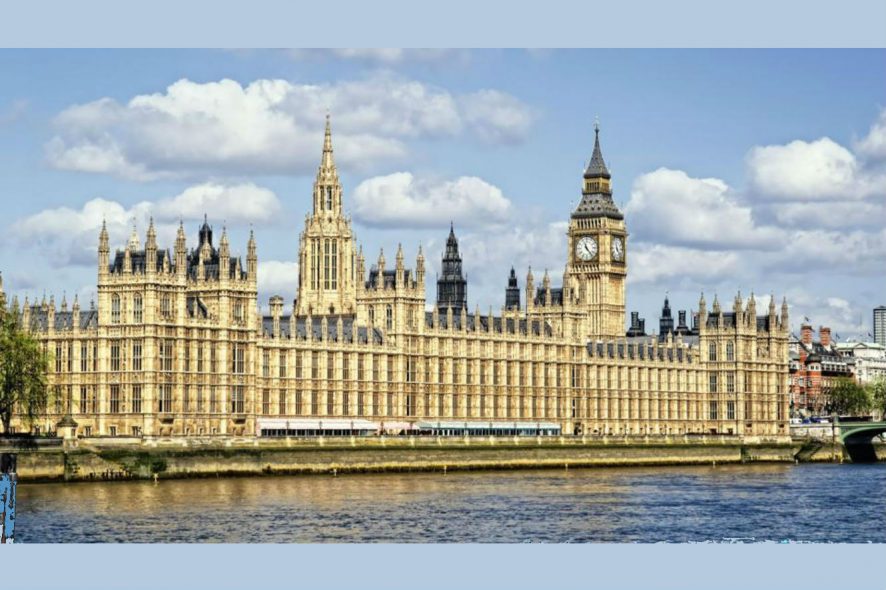The Judicial Review and Courts Bill was introduced in UK parliament on July 21, 2021. The Judicial Review and Courts Bill will endow judges with powers to give more adaptive solutions in judicial review cases. It will also create a better balance between the rights of citizens to challenge executive decisions through judicial review and the need for effective government.
Salient features of the Bill are as mentioned in press release are :
- Judges’ powers are enhanced under the Bill as new legislation delivers on the Government’s pledge to ensure the courts are not open to abuse and delay. Measures will reduce delays in the High Court, hence, saving money for the taxpayer.
- Suspending the effects of a quashing order – this means that a judge can delay the point at which a government action will be overturned. This will improve the public policy making process by, for example, allowing time for a Department to consult on the best way to replace an administrative regime, rather than creating a rush to do it immediately.
- It will also remove the inefficient ‘Cart’ judicial reviews which can create unnecessary delay including in immigration and asylum cases and introduce a range of steps to improve court processes.
- These measures will allow the courts to delay the time it takes for their orders to come into force, allowing parties’ time to prepare. They will also reduce the impact on third parties who have relied on a power that the courts deem unlawful.
- Limiting or removing the retrospective effect of quashing orders – meaning judges can determine the Government’s action unlawful, without invalidating any prior actions. For example, if a Judicial Review judgment found that an employment regulation which gave workers healthcare was found unlawful, it would jeopardise their access to a particular form of healthcare under current law. The new laws mean that a judge can ensure that continuing access to that healthcare was lawful even though the regulation had been ruled unlawful.
- Ensure the Government is held to account, while tackling those who seek to frustrate the court process.
*Tanvi Singh, Editorial Assistant has reported this brief.


